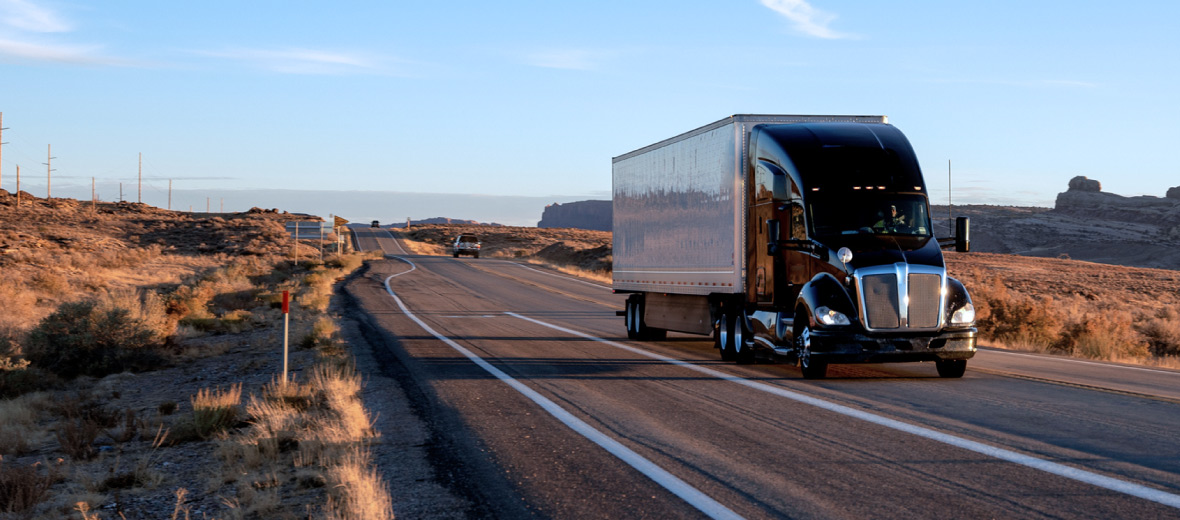Planning is the key to telematics installation: Spotlight on Greg Foley
Meet Greg Foley, Geotab’s Associate Vice President, Installation and Maintenance.
.jpg)
To Greg Foley, who works hand-in-hand with fleet professionals in the field service industry, the only constant in his work is change. Every customer and every project has unique challenges. To Greg, overcoming these challenges are a reward in and of itself.
In this employee spotlight, we talked to Greg Foley, Geotab’s Associate Vice President, Installation and Maintenance to get some fleet tips on rolling out telematics. For over 15 years, he has been performing installations and leading various field service organizations. His favorite part of the job is working with his wonderful team. Greg is based out of San Diego, California with his wife and three sons. Together, they enjoy traveling, hiking and spending time at the beach.
What is a full service telematics installation?
A full service installation can include project management (if necessary), coordination with the end customer, finding and coordinating with an Authorized Geotab Installer and validation of completed work.
It might be surprising to know how much planning and coordination goes behind large rollout projects. In order to have a successful rollout with limited complications planning could take weeks to ensure everyone is on the same page. Helping the customer corral their vehicles takes the most time.
What is your top piece of advice for a smooth telematics roll out?
Plan, plan, plan. Organize your hardware and make sure you have working spare keys for all your vehicles.
What can large fleets do to make installations more manageable?
Large fleets of 1,000 vehicles or more should consolidate vehicles to as few locations as possible. Also, make sure your vehicle records are accurate when devising a rollout plan. This can make a big difference.
What are the most common installation issues and how can you correct them?
The most common issue is not securely fastening the device. Measurements from the GO device’s accelerometer can be skewed if the device is moving around inside the dash. Properly securing your devices is an important part of the telematics process.
What are the benefits of becoming an Authorized Geotab Installer?
Becoming an Authorized Geotab Installer displays your company name and website link on geotab.com, giving you greater visibility to potential customers. This creates referral opportunities to our Reseller and Customer ecosystem as well as opportunities with the Geotab Field Service team.
Find an Authorized Geotab Installer now.
What are your thoughts on the GO RUGGED device versus the regular GO device?
GO RUGGED fleet tracking devices could be a huge help in several industries where water or dirt could be an issue. Any additional data or savings these industries could receive from our hardware can only help them be more effective in their day-to-day operations.
While Geotab hardware is built to last, how can fleets properly dispose of and recycle devices at the end of their lifecycle?
Geotab has a fantastic recycling program in the U.S. where devices can be shipped back to us to be properly disposed of if necessary. To learn more, I recommend you check out Geotab’s GO Recycle Program.
See also: Meet Charlotte Argue: EV champion and Geotab woman in tech
For more information on installing a Geotab device, see our GPS tracker installation guide.
Subscribe to get industry tips and insights
The Geotab Team write about company news.
Table of Contents
- What is a full service telematics installation?
- What is your top piece of advice for a smooth telematics roll out?
- What can large fleets do to make installations more manageable?
- What are the most common installation issues and how can you correct them?
- What are the benefits of becoming an Authorized Geotab Installer?
- What are your thoughts on the GO RUGGED device versus the regular GO device?
- While Geotab hardware is built to last, how can fleets properly dispose of and recycle devices at the end of their lifecycle?
Subscribe to get industry tips and insights
Related posts

What is government fleet management software and how is it used?
April 10, 2025
3 minute read

Beyond the road: Enhancing school bus interior safety with advanced technology
April 10, 2025
5 minute read

60+ trucking industry statistics: trends + outlook for 2025
April 8, 2025
6 minute read

Enhancing student bus safety: Combating distracted driving in the digital age
April 7, 2025
6 minute read

How a data driven policing environment elevates your department’s potential
March 24, 2025
4 minute read
